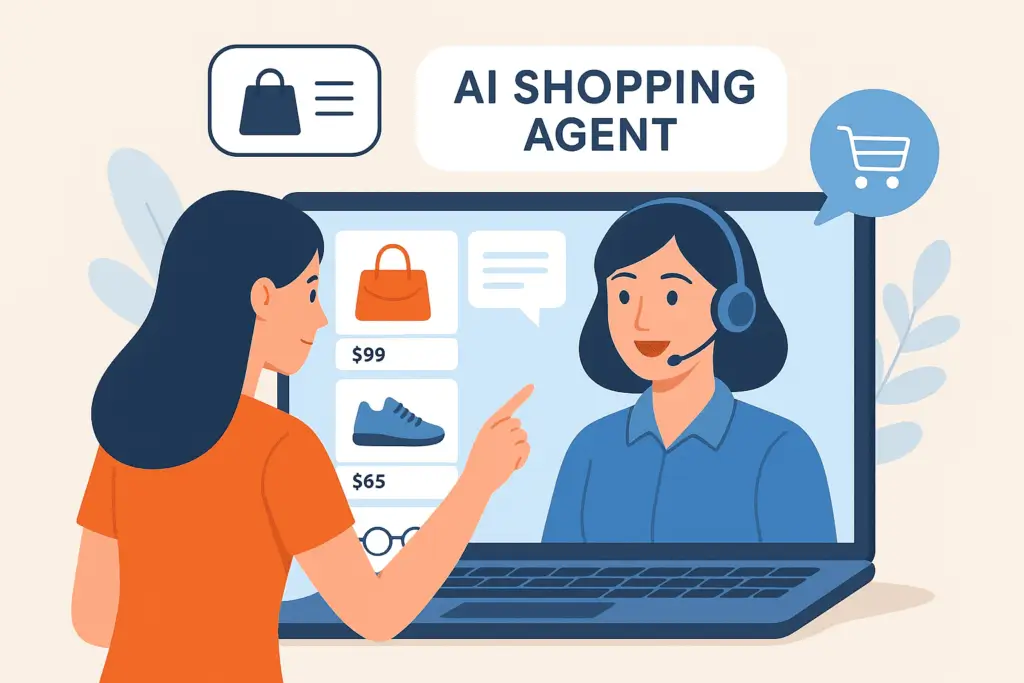Introduction
Ever wondered why job postings now ask for “AI literacy” beyond technical roles? According to recent reports, employers value adaptability and practical AI skills—even in marketing or customer service.
Purpose & Value:
In this article, you’ll discover what AI Literacy truly means, why it’s a must-have for professionals today, and how to build it using proven frameworks and real-world tools. We introduce AI Literacy right away and guide you through its meaning and application in just a few minutes of reading.
What Is AI Literacy?
Lead with utility:
AI Literacy is the ability to understand, use, evaluate, and ethically navigate AI systems.
Storytelling & unique value:
From my analysis, this goes beyond knowing what AI can do—it’s about asking the right questions and assessing AI decisions critically.
AI Literacy Frameworks You Should Know

-
Digital Promise (Understand → Evaluate → Use): Start by grasping what AI is, then assess its outputs, and finally apply it responsibly.
-
UNESCO Competency Framework for Students: Focused on human-centered mindset, ethics, AI applications, and system design, scaling from “understand” to “create”.
-
AILit Framework (OECD + EC): Emerging education blueprint to empower learners with critical, creative, and ethical AI engagement.
Why AI Literacy Matters for Professionals
-
Competitive advantage: Job listings increasingly require AI literacy—even in non-tech roles.
-
Safe, inclusive transformation: The World Economic Forum and OECD tie AI literacy to safer, strategic AI use across industries.
-
Avoiding the digital divide: Educators and leaders stress early integration of AI literacy to prevent inequity.
AI Literacy Program & Course Insights
-
Free resources: Platforms like Coursera, Udemy, OpenAI, and Google offer AI literacy courses–both foundational and advanced.
-
Credentials: Some states and institutions now award certificates—e.g., those from Connecticut’s Online AI Academy.
Real-World Examples & Case Studies
-
A marketer using ChatGPT intelligently can show initiative and adaptability—qualities employers prize.
-
Companies formalizing AI literacy programs (like Zapier, Everlywell) see innovation scale faster.
Pitfall to Avoid
Over-reliance on AI tools without critical evaluation. AI may mislead or produce biased results, and that can harm your credibility.
How to Build Your AI Literacy – Step-by-Step
-
Understand: Learn AI basics—what it is and how it works.
-
Evaluate: Question outputs critically. Ask: “Is this ethical? Is it accurate?”
-
Use: Start applying AI through real tasks (e.g., content creation with ChatGPT, data queries).
-
Certify: Showcase learning via a certificate or portfolio—with journal entries of AI trials and insights.
-
Stay Updated: Follow frameworks like AILit and UNESCO for evolving expectations.
-
Share & Reflect: Share your AI uses in team discussions to foster trust and improvement.
Future Trends & Tools
-
Measurement tools like AICOS (Objective AI Competency Scale) help objectively assess your AI literacy.
-
Collaborative learning improves AI know-how—especially via group exercises or teaching contexts.
-
The A-Factor psychometric framework defines AI literacy across communication, creativity, evaluation, and collaboration.
Frequently Asked Questions
Q1: What is AI Literacy?
AI Literacy is the ability to understand, use, monitor, and critically reflect on AI systems to use them responsibly.
Q2: Why is AI Literacy important now?
Employers across fields are prioritizing adaptability with AI tools, not just technical expertise.
Q3: What is an AI Literacy Framework?
A structured model—like UNESCO’s or AILit—outlining AI-review skills across understanding, evaluating, and creating.
Q4: Are there free AI literacy courses?
Yes—many platforms (Coursera, Udemy) and initiatives (e.g., Connecticut Online AI Academy) offer courses and certificates.
Q5: How can I show AI Literacy on my resume?
Track your AI experiments, detail tool usage, and note any certifications or course completions.
Q6: What’s the AICOS scale?
The AI Competency Objective Scale (AICOS) is a validated tool to measure AI literacy, including Generative AI skills.
Q7: How do I keep improving?
Use collaborative learning, frameworks like AILit, and psychometric assessments like the A-Factor.
Q8: What is critical AI Literacy?
The aspect of AI literacy focused on evaluating AI outputs ethically and checking for bias or misinformation.
Q9: How does AI Literacy fit into education?
UNESCO and AILit frameworks integrate AI literacy into teaching standards to prepare future-ready, critical thinkers.
Q10: Is AI Literacy worth investing in?
Absolutely. AI literacy drives safety, innovation, collaboration, and future-readiness across sectors
Conclusion
AI Literacy isn’t just buzz—it’s a career foundation. You’ve seen what it means, relevant frameworks (UNESCO, Digital Promise, AILit), and how to build it with real tools and insights.
Now it’s your move: Start learning, experiment, and share how AI literacy transforms your work—and let’s shape a future-ready workforce together.



